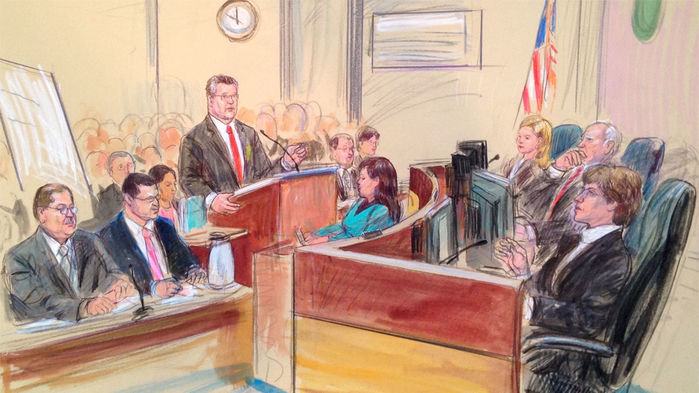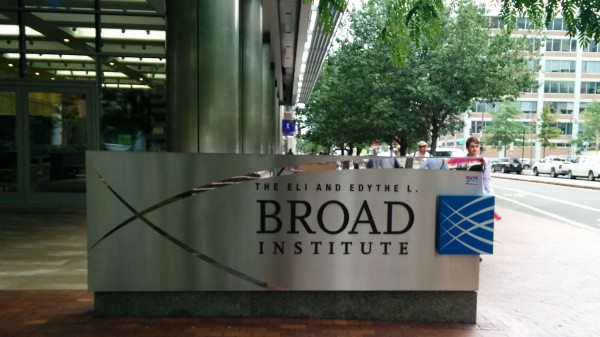Zhang Feng wins the battle of CRISPR patents: analyzing the ins and outs of events
In 2017, for the gene editing big coffee Zhang Feng is undoubtedly a good start. Not long ago, at the age of 34, he was awarded a tenured professor at the Massachusetts Institute of Technology (MIT) School of Science for his outstanding work in the field of genetic editing. This broke the "two bombs and one star" of China. The well-known scientist Qian Xuesen was promoted to a Chinese record of tenured professors at the age of 35. But as we all know, Zhang Feng has also been mired in the spiral of the patent dispute. Because this is not only related to the individual and the team behind it, the influence of the school and the related huge economic benefits, but also related to the future dispute of the Nobel Prize.
And today's good things are double, just today (February 15th), the U.S. Patent Trial and Appeal Board announced that it recognizes the Harvard University-MIT Broad Institute Zhang Feng team. The patent for the development of the CRISPR gene editing tool. This also means that the conflict of patent patents has been the result of the dispute. In this regard, "Science", "Nature" and other internationally renowned academic journals have been reported.
However, the results of this ruling may be opposed by the Jennifer Doudna team at the University of California, Berkeley, and may appeal, because they filed a related patent application seven months earlier than Zhang Feng, which mentioned an Zhang Feng's team patents are roughly the same technology, and they believe that a "patent conflict" has occurred.

The staff of the US Patent Trial Department said: "The Zhang Feng team of the Broad Institute has convinced us that they have provided different materials to confirm that they are different from the patents applied for by the University of California at Berkeley, so there is no conflict. Specifically, Broad The patents granted to research institutes and collaborators are for genome editing of eukaryotic cells (including human cells), while the UC Berkeley and collaborators apply for patents on the use of CRISPR technology in cell-free systems. It is not a genome editing involving eukaryotic cells."

Broad Institute
In order to cook great Japanese cuisine,more and more people choose Lishida Sushi Soy Sauce.Brewed from non GMO soybeans,it's usually used for sushi and sashimi,and also for ramen and soups.It is brewed from non GMO soybeans and other good ingredients.It's mainly used as a dipping sauce for sushi and sashimi,and seasoning meats for marinating,stir frying and brasing.
Japanese Sushi Soy Sauce,Sushi Soya Sauce,Sweet Soy Sauce For Sushi,Japanese Soy Sauce For Sushi
KAIPING CITY LISHIDA FLAVOURING&FOOD CO.,LTD , https://www.lishidafood.com
